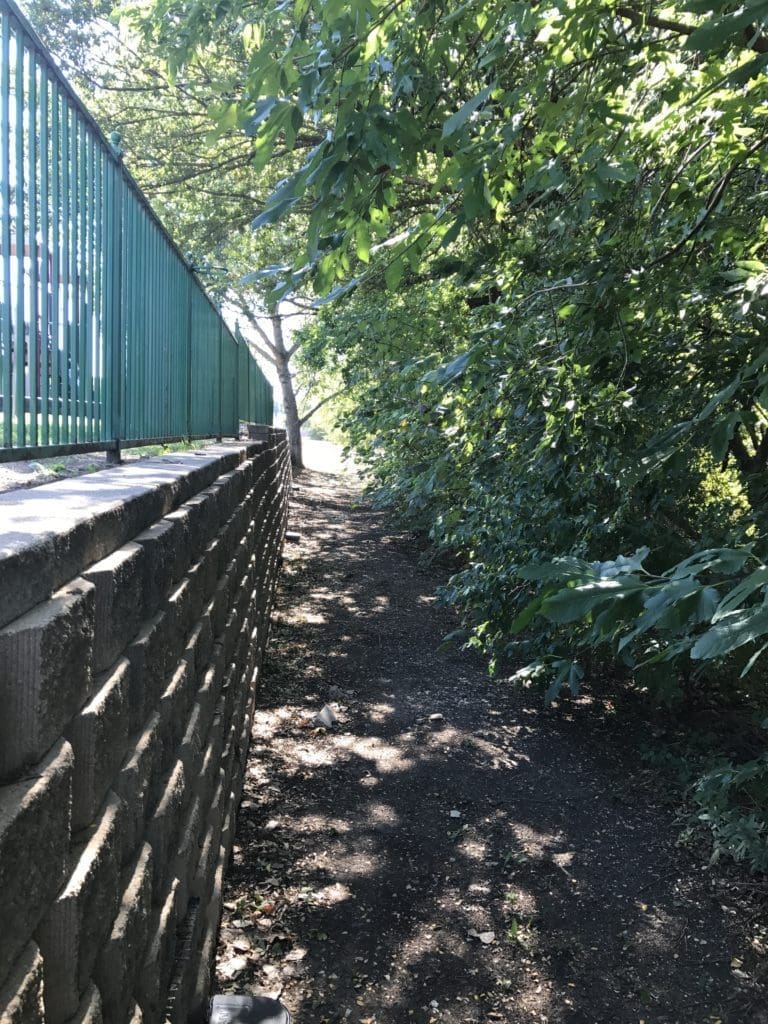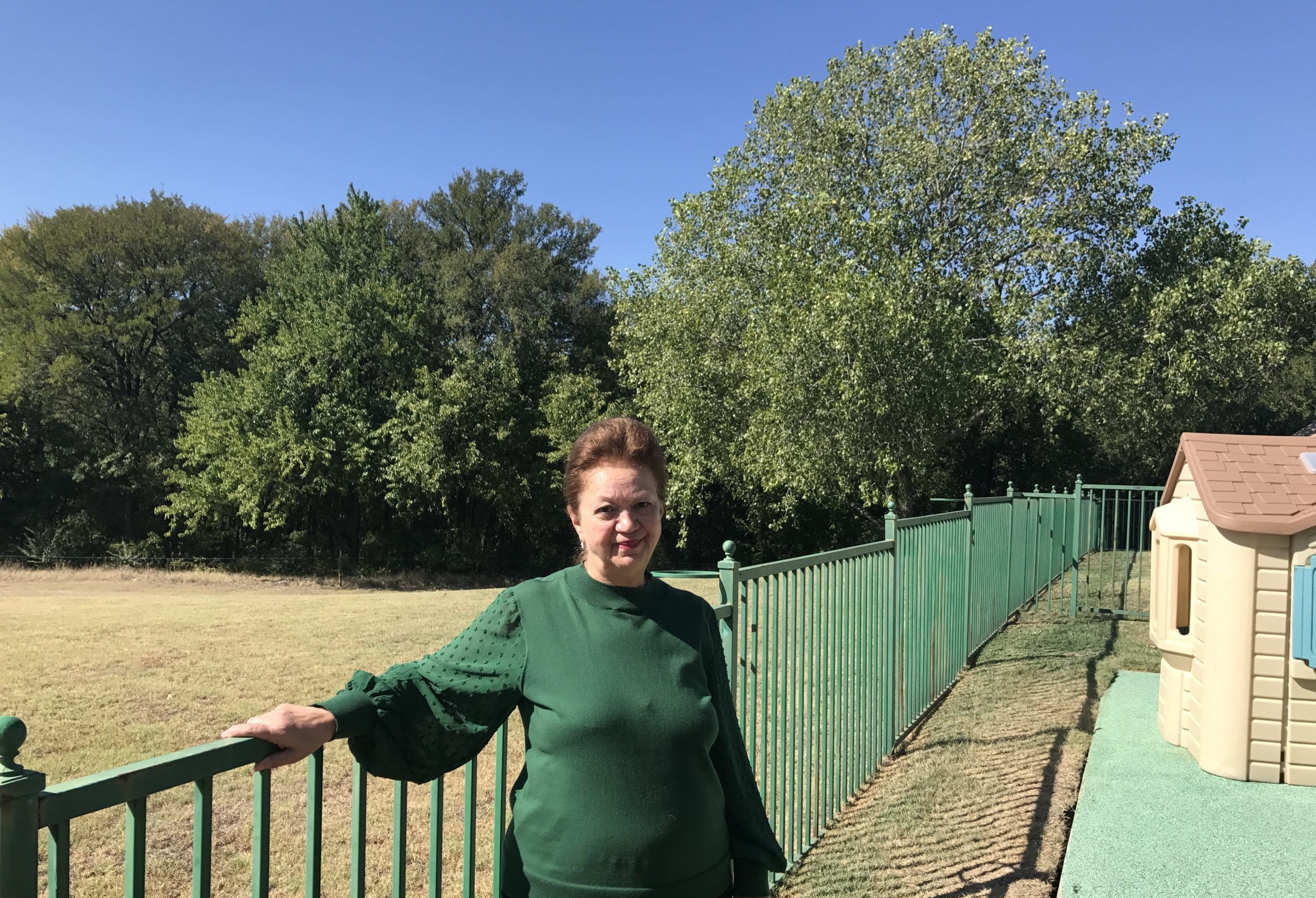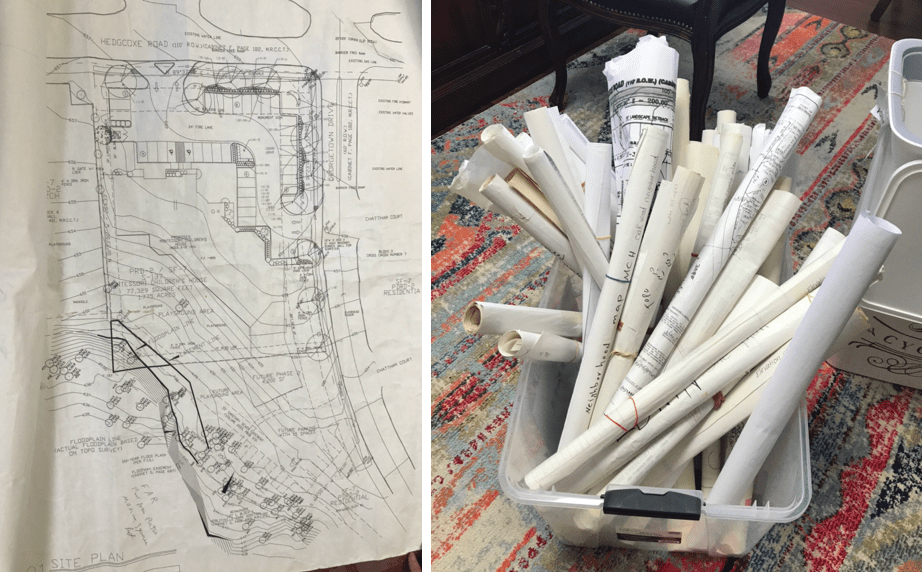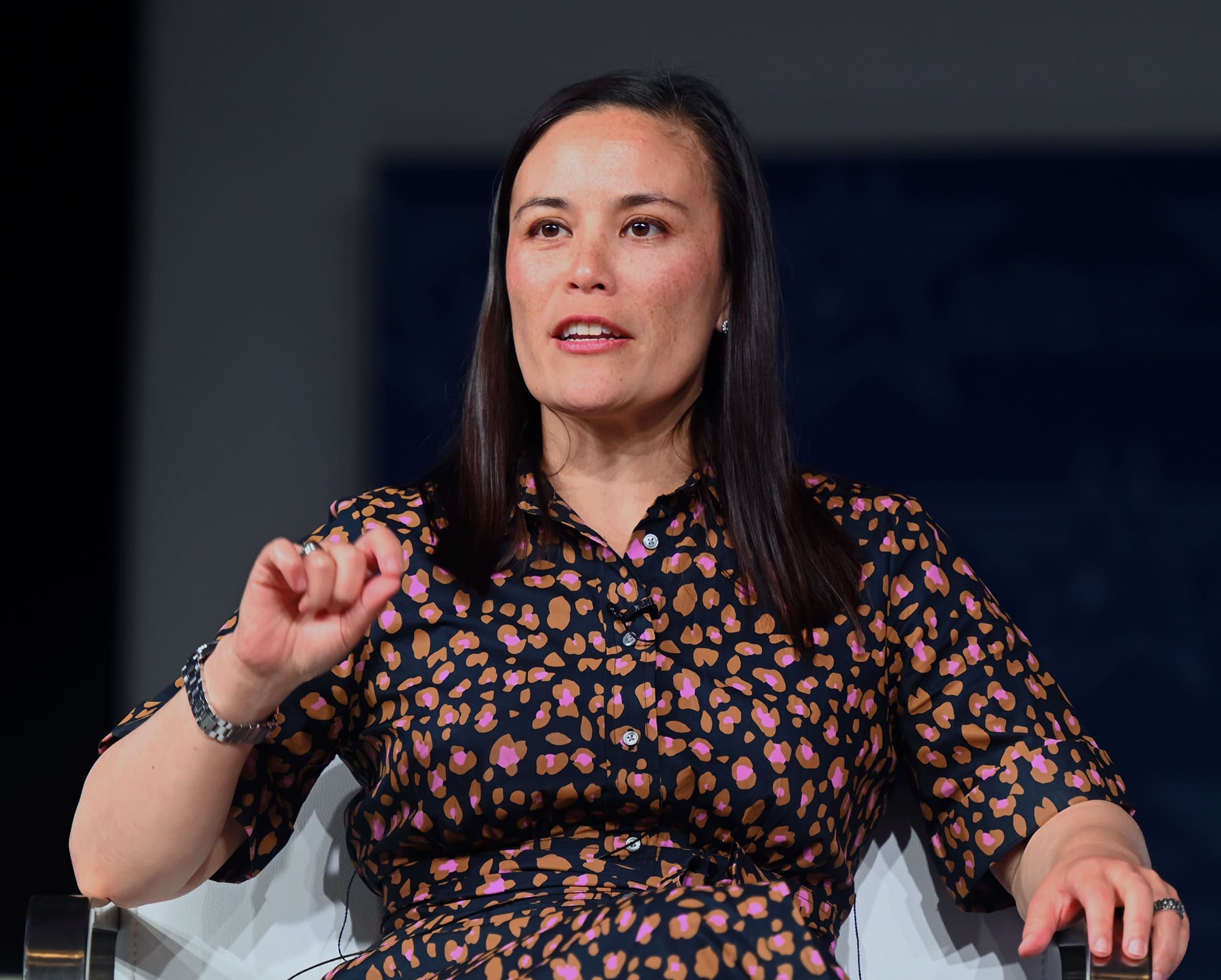Once again, the city of Plano is spending taxpayers’ money to fight against its own citizens.
According to documents obtained from the city, Plano has spent $350,000 on outside attorneys litigating against a small-business owner whose land the city took almost six years ago so it could extend a bike trail.
City officials said this week they intend to spend even more.
Teacher Effie Safie bought the land for her school in 1995 and opened Montessori Children’s House in 2004.
“My school is my dream,” Effie told Texas Scorecard.
But she said it’s been “a nightmare” battling the city to regain control of her school’s property along Russell Creek, which she chose specifically so her students could explore nature.
Effie has bins and binders full of papers documenting her struggles with the city over the years. She’s suffered multiple health issues during that time, but that hasn’t deterred her from doing all she can to protect her dream from taxpayer-funded government overreach.
She’ll be back in court later this month, challenging the city’s actions.
At Monday night’s Plano City Council meeting, more than a dozen community members asked city officials to “do the right thing” and reconsider the use of eminent domain to seize Effie’s property in a way that spoils her business.
City Attorney Paige Mims responded that Plano had offered to drop the case in the past, but “we’ve spent so much money and come so far and collected other pieces to build the trail at this point, that the plan now is just to proceed with the litigation.”
“I would love for them to drop the case and leave,” Effie said.
Plano Officials Kill a Dream
Montessori Children’s House is currently a “home away from home” for more than 100 students.
Effie’s dream for her school includes expanding to accommodate more students and activities. The city approved her expansion plans in 2005: a library, theater space, extra classrooms, additional parking, as well as more outdoor activity areas.
In 2017, the Plano City Council crushed Effie’s dream, passing an ordinance that took part of her property by eminent domain—a process whereby the government claims an individual’s land because they want it for a public use.
Then-Director of Parks and Recreation Robin Reeves told city council the plans to run a bike trail through the school grounds would not limit Effie’s ability to expand her facilities or develop the property.
Yet even though the city took a relatively small portion of Effie’s land, the easement made it impossible for her to use the remaining property as she wants.
“Instead of being supported by my community, I am killed,” said Effie.
In addition to putting a stop to the school’s expansion, Plano’s proposed bike trail route runs directly adjacent to the retaining wall of a play area, which Effie says endangers the children. 
Effie’s attorney Jack Ternan says the city doesn’t even need the land they’ve taken.
He said Plano rejected two other proposed routes for the bike trail that would not disrupt Effie’s business, which undermines the city’s justification for using eminent domain.
“We’ve tried to negotiate,” Ternan told Texas Scorecard.
Ternan is well known in the community for fighting on behalf of Plano citizens when the city refused to act on a 2015 petition to let voters decide on the Plano Tomorrow development plan.
In 2021, thousands of citizens again signed a petition to force a public vote on a city ordinance—this time, the eminent domain ordinance that took Effie’s land.
City officials said Effie’s petition did not include a sufficient number of valid signatures—a claim refuted by a data company hired to independently authenticate the signatures.
The petition is the subject of a lawsuit that’s expected to go to trial next year.
Citizens Ask Plano to “Do the Right Thing”
Plano resident Lydia Ortega was among more than a dozen residents, parents, and school staff who spoke during Monday night’s city council meeting in support of Effie and her school.
“Does Plano still value small businesses?” Ortega asked. She noted the city regularly collaborates with large landowners and developers.
“This is an issue of fairness,” she said, adding that Effie had worked in good faith with the city to reach an agreement on using a portion of her property for the proposed bike trail. “Time to compromise, folks.”
A mom who said she was “very upset and frustrated” by the city’s bike path plans told council members, “One of the main reasons we chose Montessori Children’s House was the secluded area and nature-friendly curriculum.” Several other parents shared similar concerns.
Alexandra Butler, who works with infants at MCH, said the six-year-long case has stunted the school’s ability to expand indoor and outdoor spaces to accommodate the community’s demand for Montessori education.
“We’re asking you to reconsider the city’s use of eminent domain and use one of the other options,” she said.
“You’ve heard so much from us, and yet here we are again,” Effie’s daughter Maryam Saifi told council. “We really need some action to be taken in our favor.”
Saifi said her mother has tried hard to work with the city, and she invited Plano officials to visit the school:
It’s her dream, educating children with passion, with love, care, and concern. She’s been a taxpaying citizen for so many years. This school is thriving.
Please do the right thing.
Following the public’s comments supporting the school, Mims said the city had “made numerous attempts” to settle with Effie.
“At least one of those past offers has also included paying her some money and dropping the case and not building the trail behind her school, and she has rejected the offers,” Mims said.
Effie and Ternan say the city’s lawyers agreed to terms but then backed out, changing their minds multiple times.
Mims said the problem is that Effie is asking for more than the appraised value of the land.
Effie, the city, and their lawyers will be back in court on October 24 to determine if the $28,000 that Plano offered to pay for the easement is adequate. That means more legal fees for the city’s outside attorneys (Abernathy, Roeder, Boyd & Hullett) at taxpayers’ expense.
Ternan argues “just compensation” must account for the harm caused by limiting Effie’s use of her remaining property, in addition to the value of the land the city took for its own use.
He said they can’t appeal the eminent domain taking until the question of compensation is resolved.
But Effie says money can’t compensate for killing her dream.
“I want my property back,” she said.









